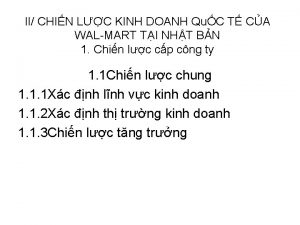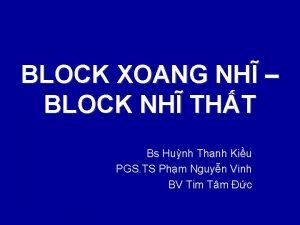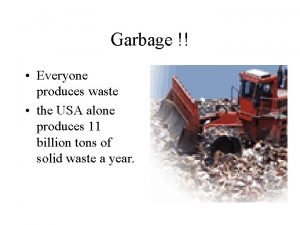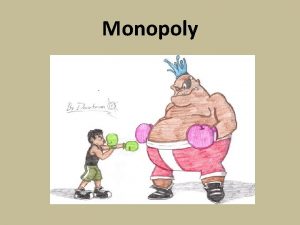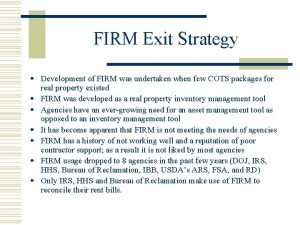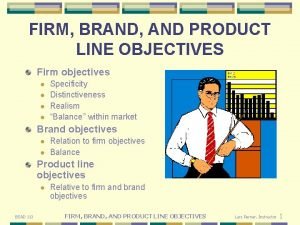2 Assume that a firm produces Q using









- Slides: 9


2. Assume that a firm produces Q using one fixed input, capital, and one variable input, labor. The firm can sell all of the Q it produces at a market price of $3 each, can hire all of the workers it wants at a market wage rate of $11 each, and has fixed costs of $10. It faces the following production schedule. P = $3 W = $11 FC = $10 A) In what kind of market structure does this firm sell its Q? How can you tell? Perfect Competition. The firm sells each & every product at the same price. The firm is a price taker and will take the market price.

2. Assume that a firm produces Q using one fixed input, capital, and one variable input, labor. The firm can sell all of the Q it produces at a market price of $3 each, can hire all of the workers it wants at a market wage rate of $11 each, and has fixed costs of $10. It faces the following production schedule. P = $3 W = $11 FC = $10 B) In what kind of market structure does this firm hire its employees? How can you tell? Competitive Labor Market The firm pays each and every worker the same wage. The firm is a wage taker and will pay the market wage.

Number of Employees 0 1 2 3 4 5 6 Total Output 0 14 26 35 42 46 48 Marginal Product (MP) 0 14 12 9 7 4 2

Number of Employees 0 1 2 3 4 5 6 Total Output 0 14 26 35 42 46 48 Marginal Revenue MR = $3 Product Marginal Product (MP) (MP x MR) Wage 0 14 12 9 7 4 2 0 42 36 27 21 12 6 11 11 11 C) Using marginal revenue product analysis, how many employees should this firm hire to maximize short-run profits? MFC = MRP. The MFC = wage rate. W = $11. The firm will hire 5 workers, but not 6

Number of Employees 0 1 2 3 4 5 6 Total Output 0 14 26 35 42 46 48 Marginal Revenue Product Marginal Product (MP) (MP x P) 0 14 12 9 7 4 2 0 42 36 27 21 12 6 P = $3 Wage 11 11 11 D) Based on your answer in Part c), how many units of Q will this firm produce?

Number of Employees Total Output 5 46 Marginal Revenue Product Marginal Product (MP) (MP x P) 4 12 Wage 11 E) At the level of output you identified in part (d), is the firm earning an economic profit, a normal profit, or suffering a loss? How can you tell? P x Q = TR $3 x 46 = $138 5 workers x $11 = Fixed cost of $10 TC TR = -TC = Profit = $138 65 $ 73 $55 (variable cost) 10 $65

Total Input Market for 1 -firm If demand for workers ↑ 1) Market Demand curve for workers shifts right 2) Wage Rate ↑ 3) MFC for individual firm shifts upward

Total Output Market Input Market for 1 -firm MRP Firms with market power will have a MRP Curve below a competitive firm





